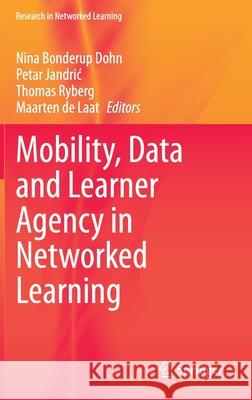Mobility, Data and Learner Agency in Networked Learning » książka
topmenu
Mobility, Data and Learner Agency in Networked Learning
ISBN-13: 9783030369101 / Angielski / Twarda / 2020 / 223 str.
Mobility, Data and Learner Agency in Networked Learning
ISBN-13: 9783030369101 / Angielski / Twarda / 2020 / 223 str.
cena 403,47
(netto: 384,26 VAT: 5%)
Najniższa cena z 30 dni: 385,52
(netto: 384,26 VAT: 5%)
Najniższa cena z 30 dni: 385,52
Termin realizacji zamówienia:
ok. 16-18 dni roboczych.
ok. 16-18 dni roboczych.
Darmowa dostawa!
Kategorie:
Kategorie BISAC:
Wydawca:
Springer
Seria wydawnicza:
Język:
Angielski
ISBN-13:
9783030369101
Rok wydania:
2020
Wydanie:
2020
Numer serii:
000763174
Ilość stron:
223
Waga:
0.52 kg
Wymiary:
23.39 x 15.6 x 1.6
Oprawa:
Twarda
Wolumenów:
01
Dodatkowe informacje:
Wydanie ilustrowane











